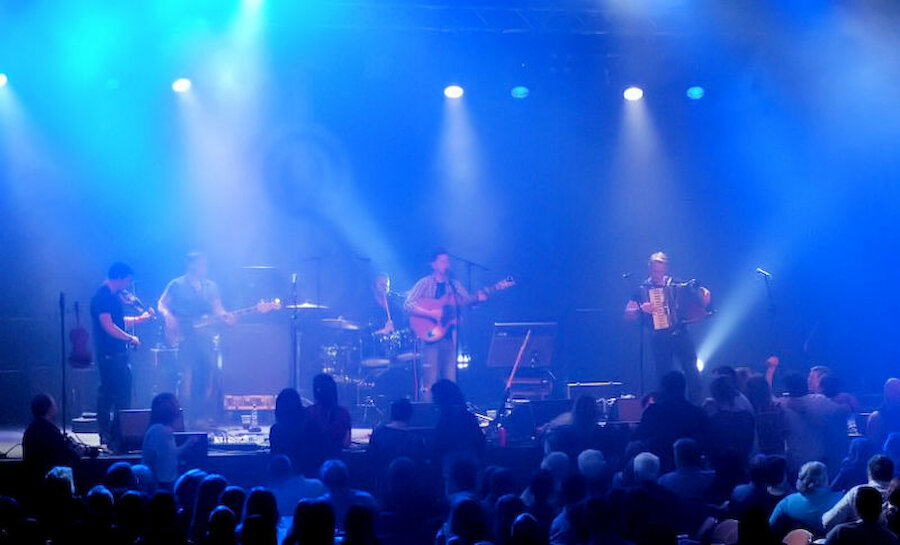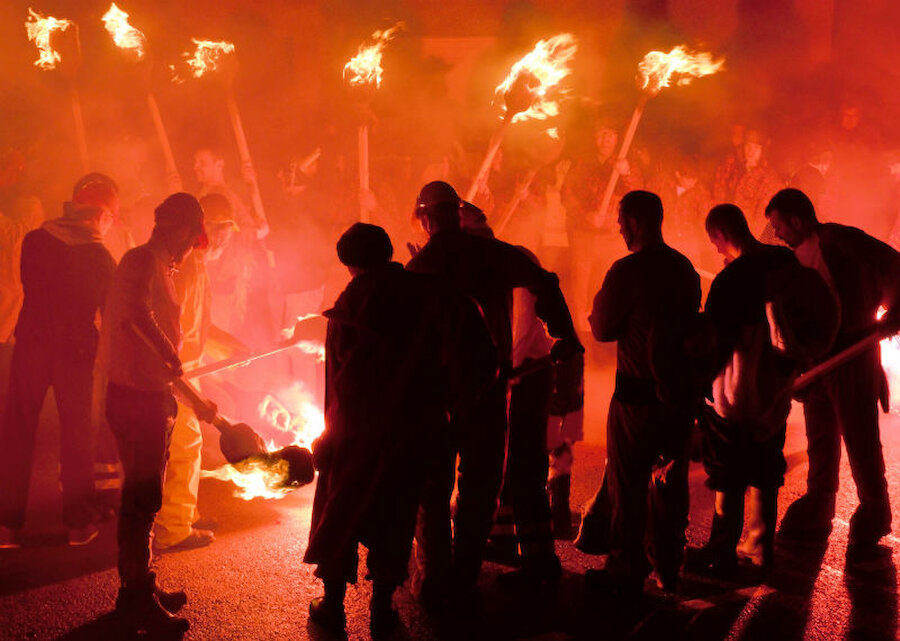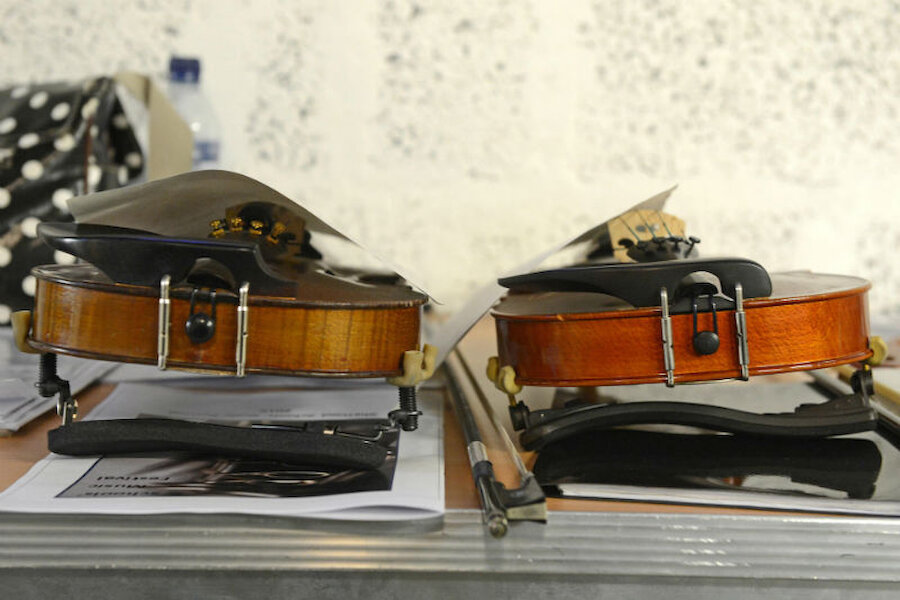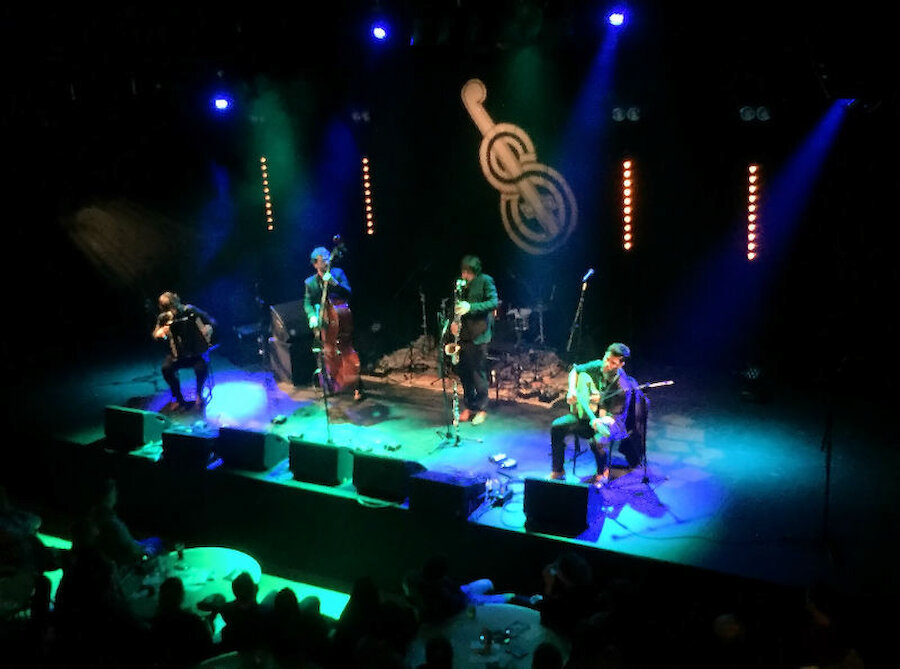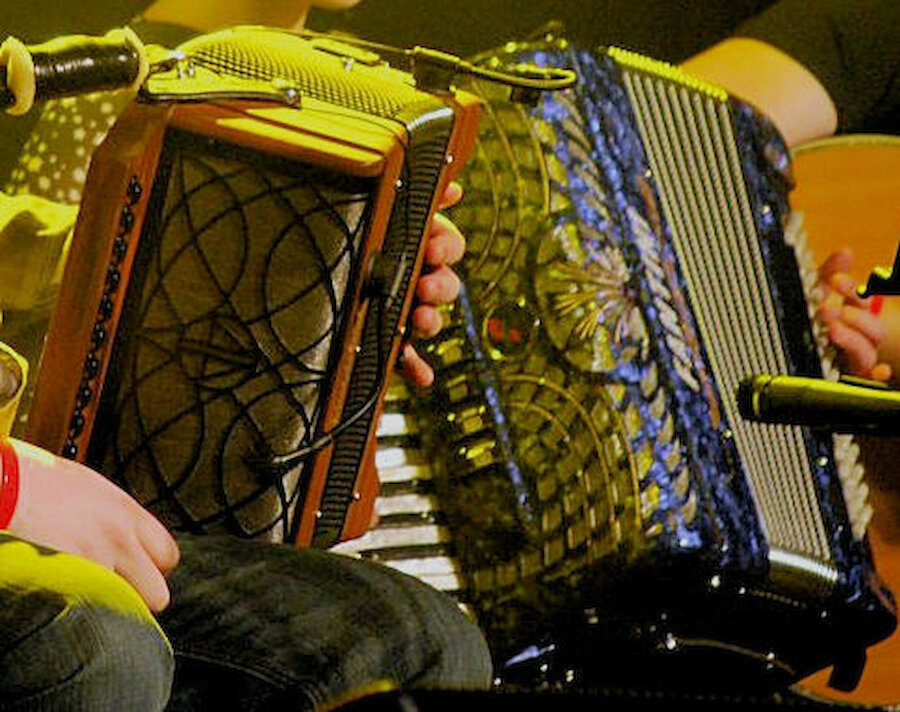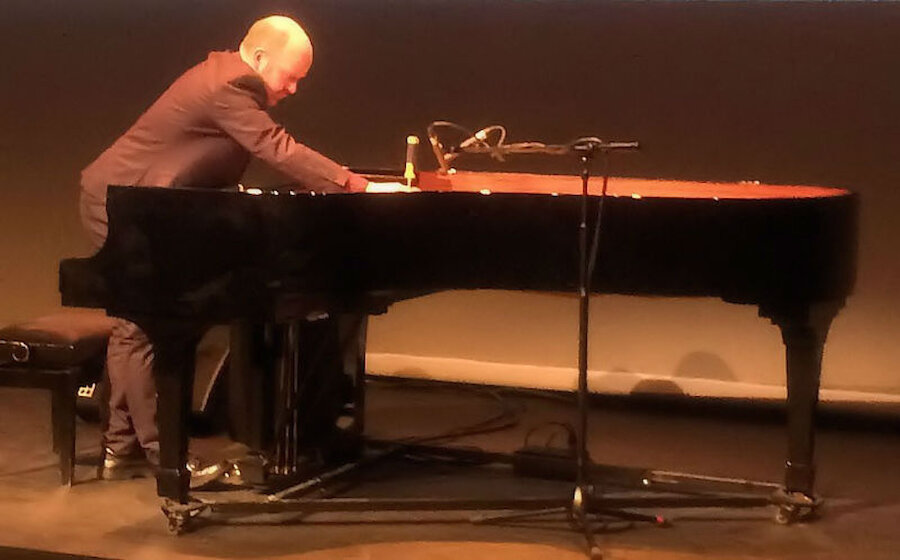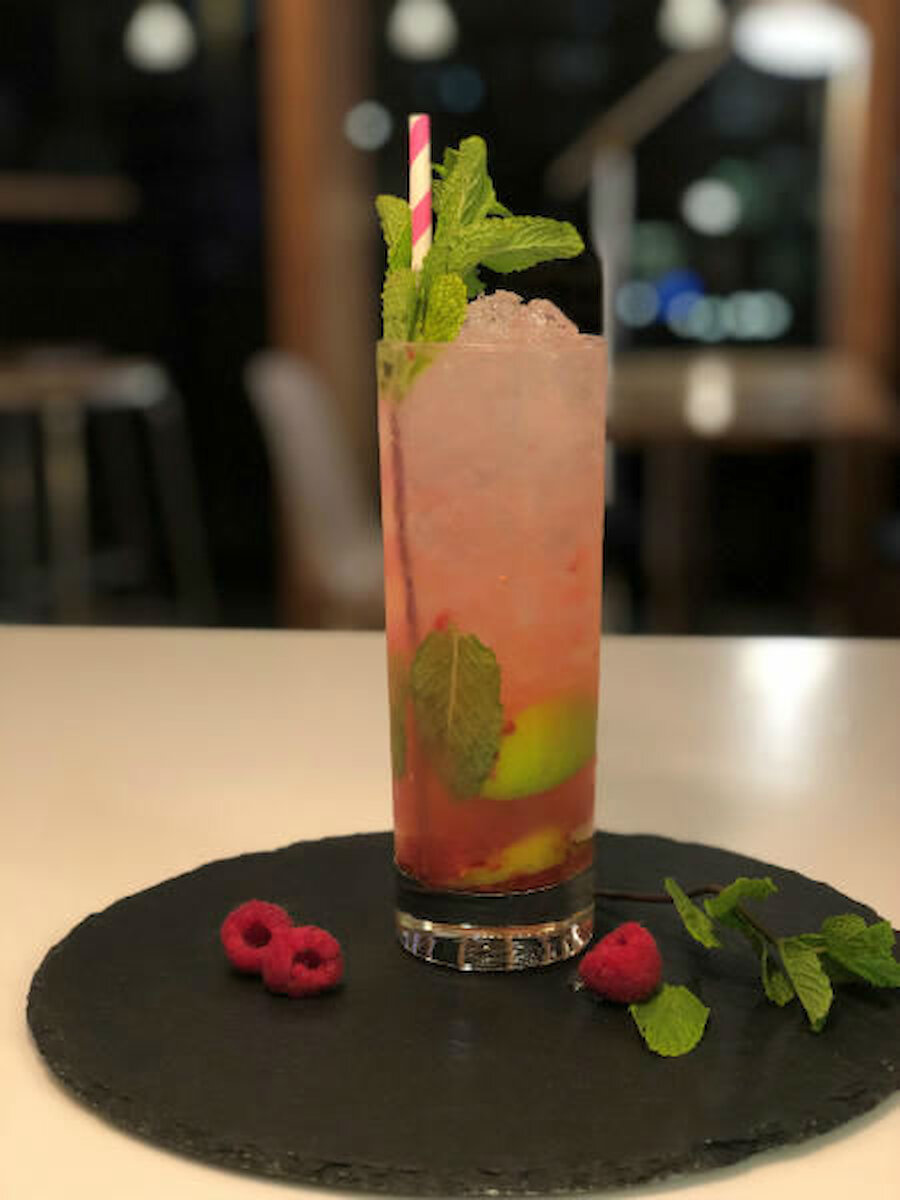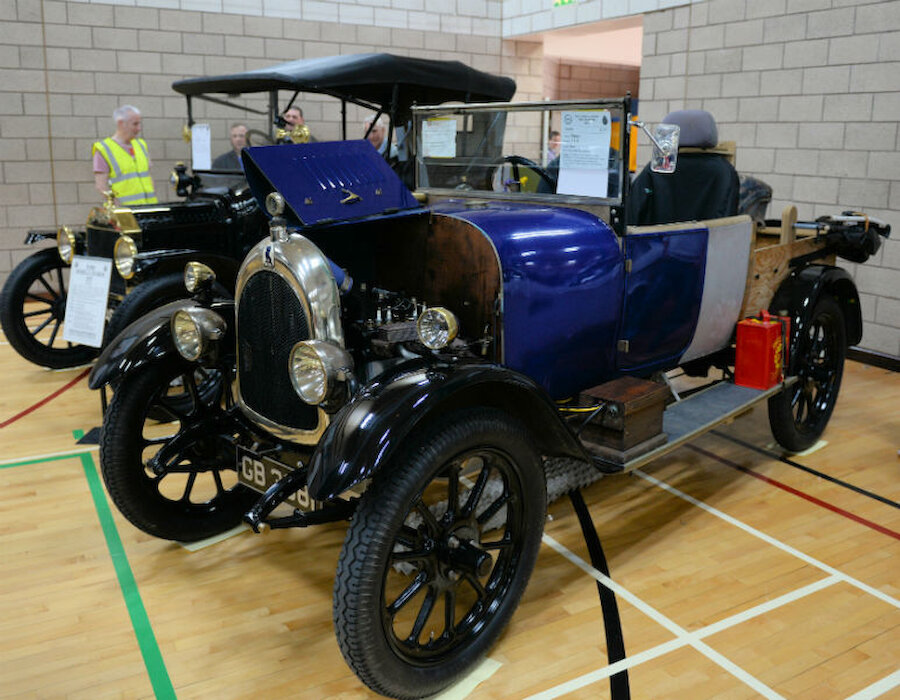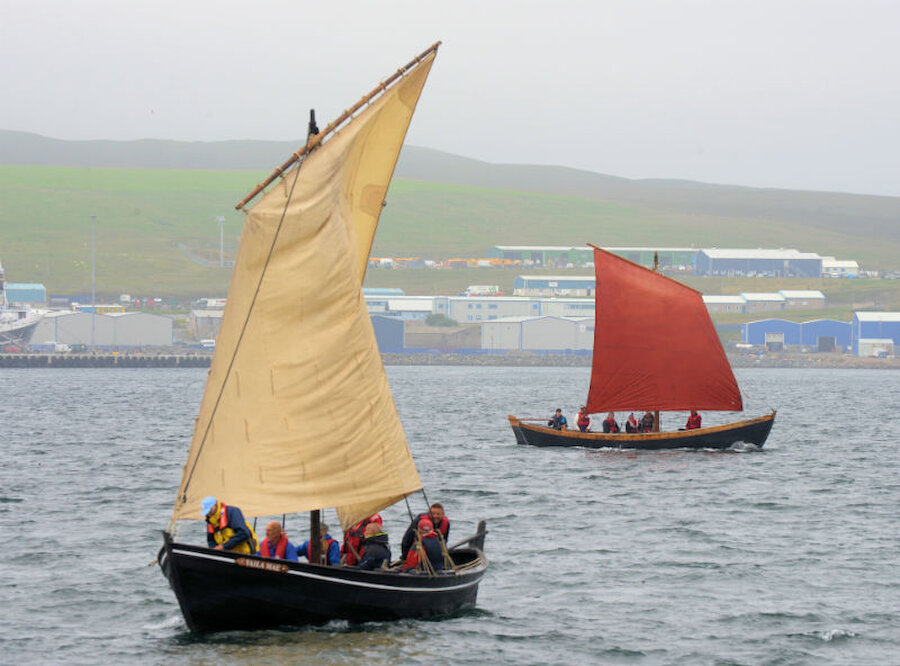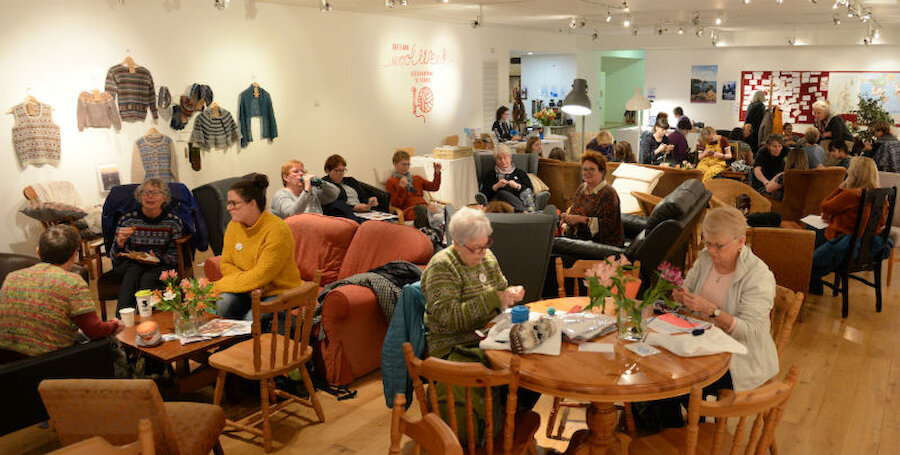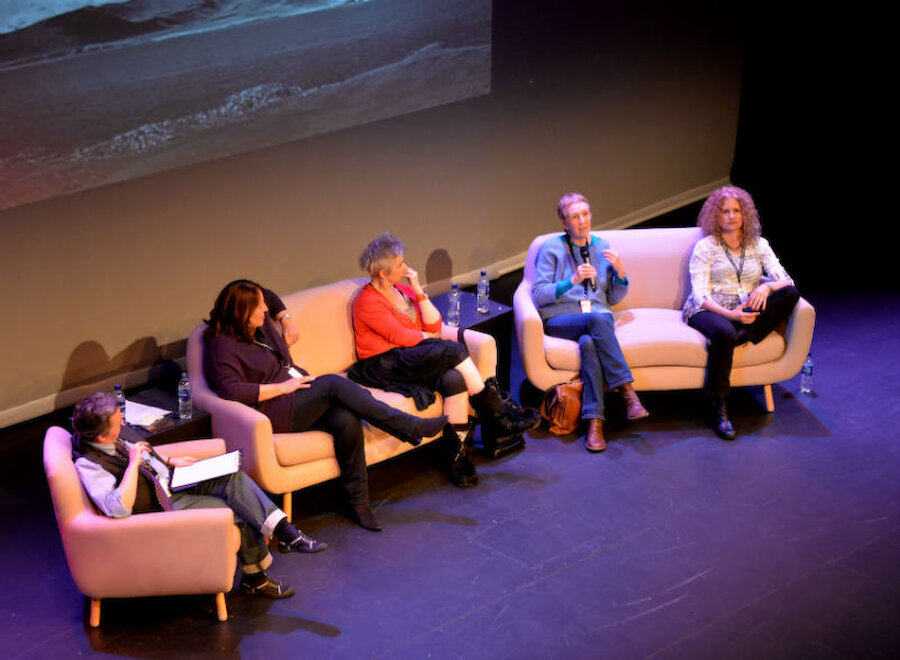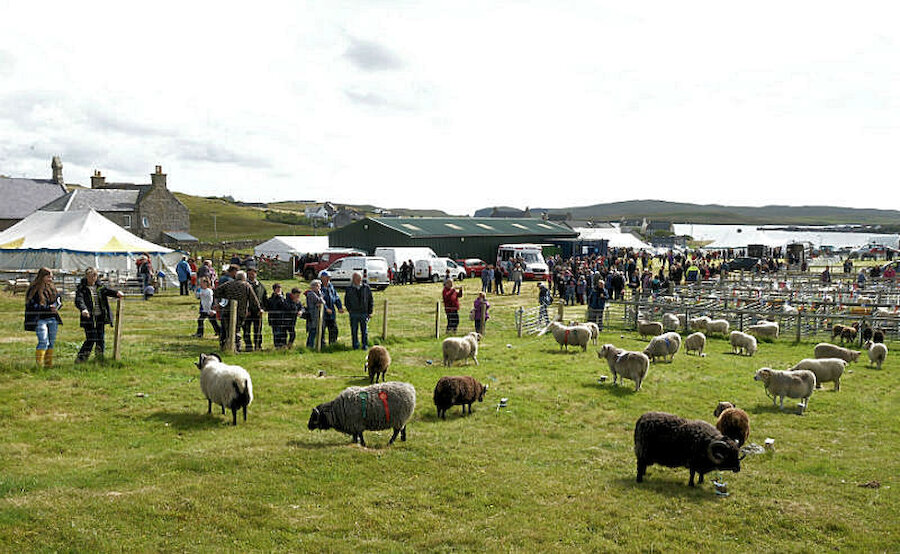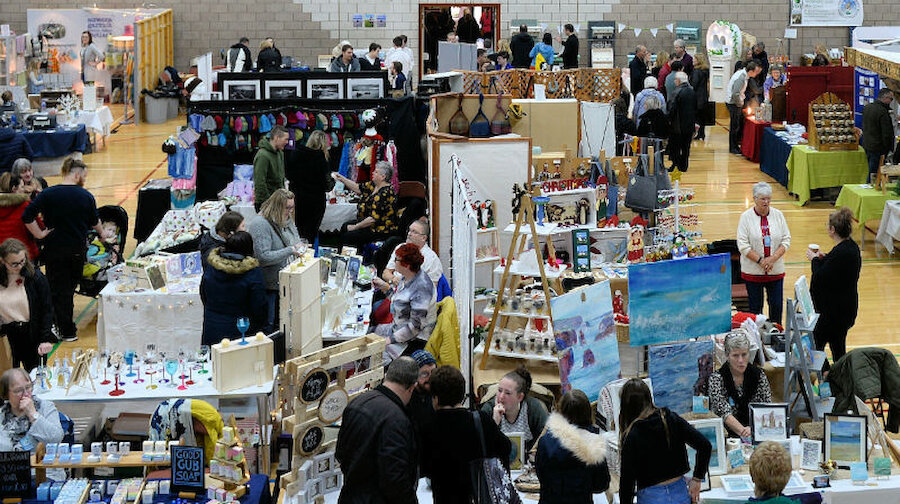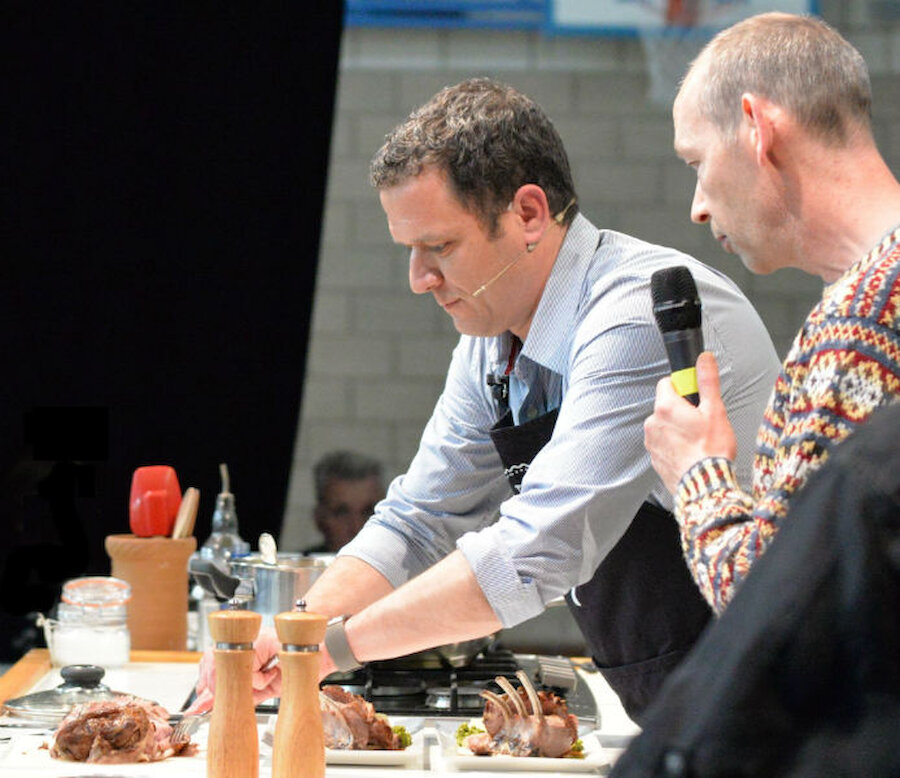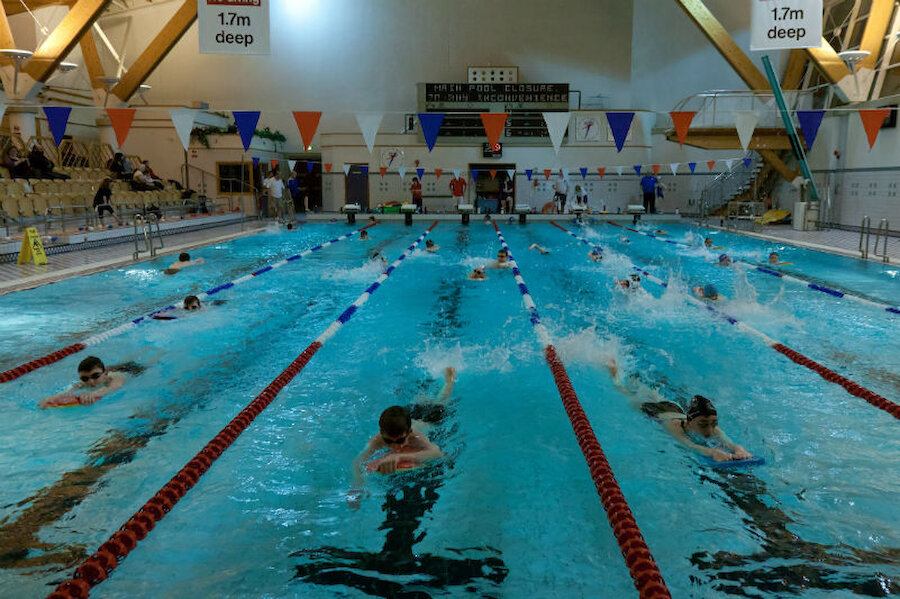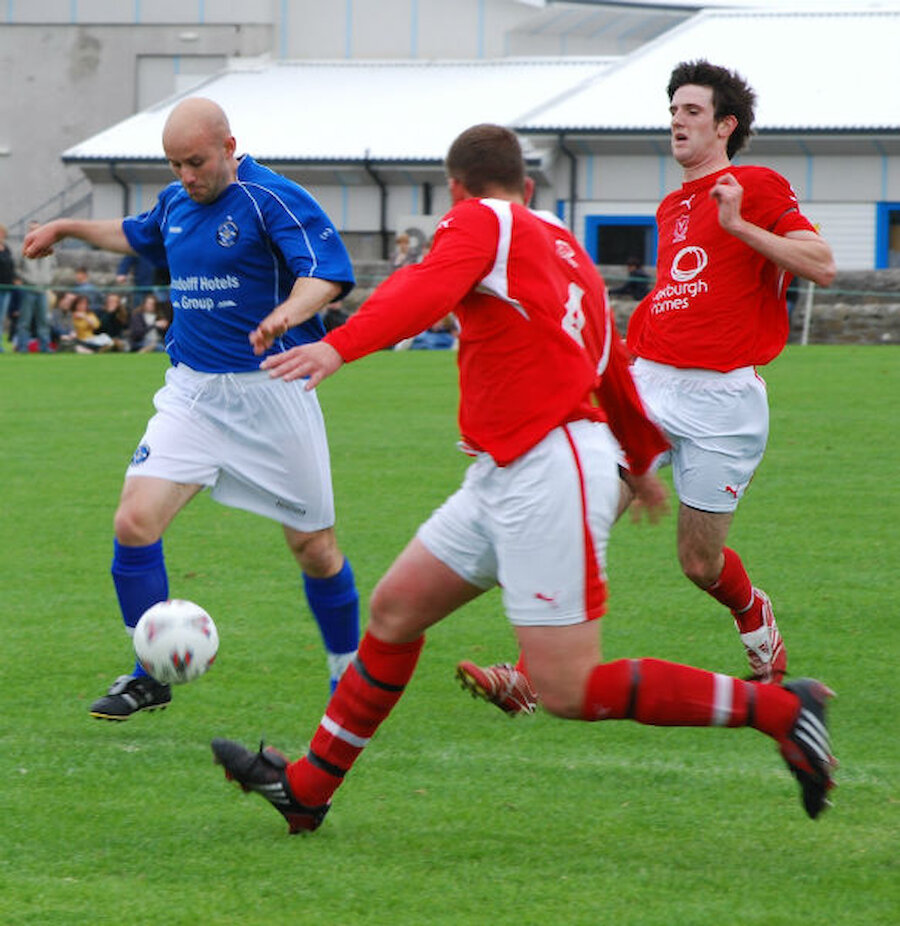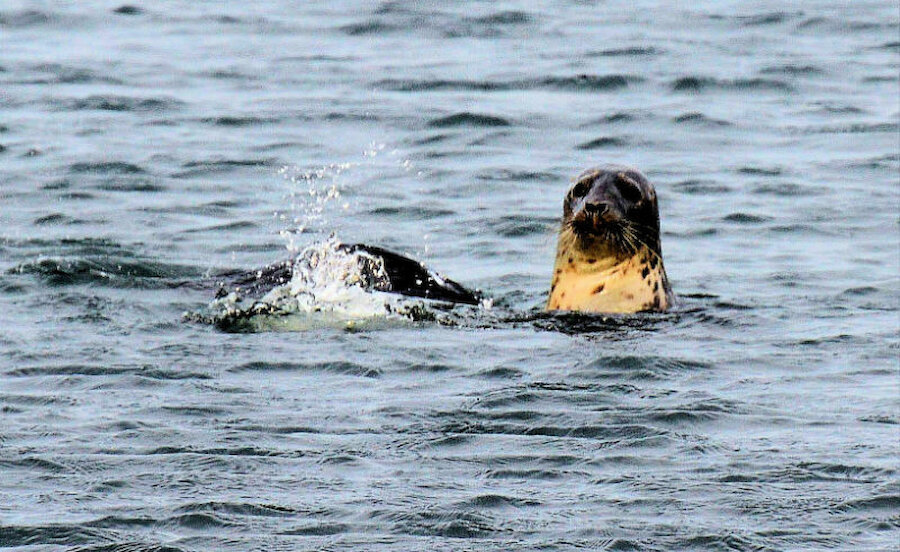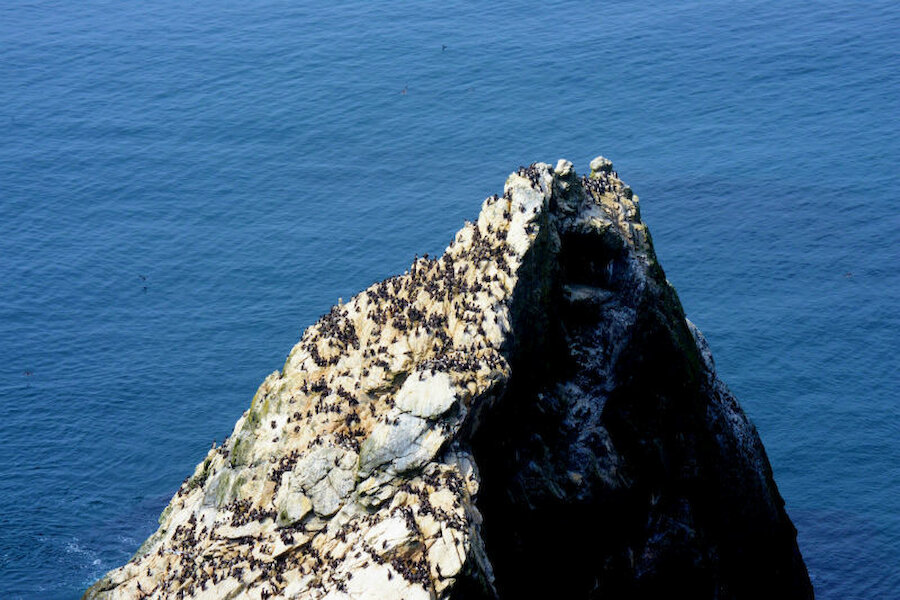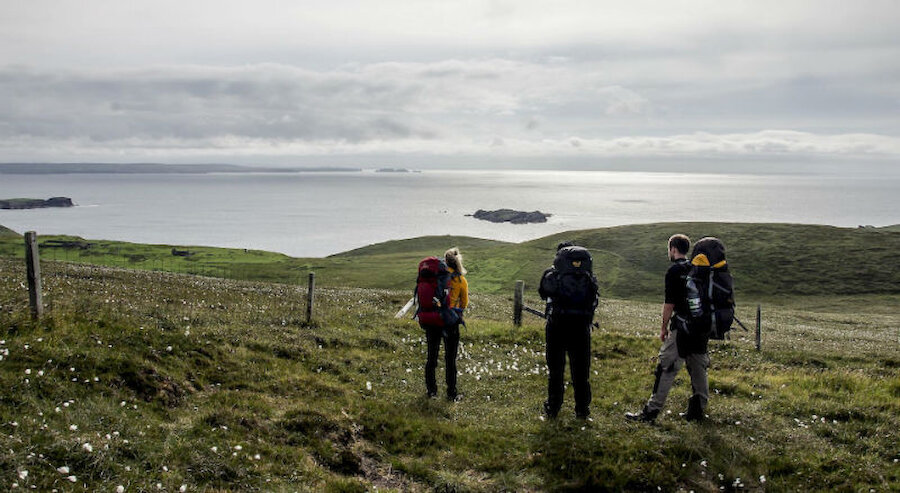What can we look forward to in 2020? This is the time of year when many of us think about travel plans for the coming year, and some people, too, will be contemplating a more permanent change of scene. Whichever camp you’re in, we hope this look ahead will be helpful.
Fire Festivals
The first three months are, as always, dominated by fire festivals, even the smallest of which are really impressive community events.
The largest is the Lerwick Up Helly A’ on 28 January, but the season kicks off on 10th January in Scalloway. During February, we have no fewer than six Up Helly As: Nesting and Girlsta’s is on the 7th, Uyeasound’s is on the 14th, Northmavine’s is on the 21st, Cullivoe’s and Bressay’s are both on the 28th and Norwick’s is on the 29th.
March brings things to a close with two of the largest rural fire festivals, the South Mainland on the 13th and Delting on the 20th. For much more on Up Helly Aa across the islands, head over to our dedicated Up Helly Aa page, which has lots more information.
Traditional music
All kinds of music are played and enjoyed in Shetland and the local music scene is very active indeed. However, traditional music led by fiddle and accordion, often with piano or guitar accompaniment, is very popular and performers such as Aly Bain and Fiddler’s Bid have built up a worldwide following. If you’re keen to hear some, you’ll be well catered for.
Visitors are welcome at the traditional music nights held around the islands, with the west mainland community halls at Aith and Bixter particularly active, but there are evenings elsewhere, for example in Levenwick (in the south mainland) and Hillswick (in Northmavine). On Monday evenings from June until August, there’s a Shetland Showcase of traditional music & crafts in Lerwick’s Islesburgh Community Centre, and the Shetland Fiddlers’ Society meet there on Wednesdays.
The String, a restaurant in Lerwick with an intimate venue upstairs, presents concerts from time to time, including the first night of Roddy Woomble’s UK tour on 26 March. It also hosts the Shetland Songwriting Festival from 18 to 20 September 2020.
You can also sometimes find local musicians playing in pubs, particularly in Lerwick. For example there are usually sessions in the Douglas Arms (known as the Marlex) on summer Tuesdays or upstairs in the Lounge Bar on Wednesdays and sometimes Thursdays.
The first music festival of the year is the 40th Shetland Folk Festival, which takes place all over the islands from 30 April to 3 May. The festival’s volunteer organisers have always embraced a very eclectic definition of ‘folk’. As well as bands and solo artists from Shetland, the rest of the UK and Ireland, there’s a rich seam of Americana and past festivals have featured performers from France, Denmark, Australia, Bolivia. Zimbabwe and Mongolia, to name just a few.
There’s a place for jazz, ‘hot club’ and folk-rock, too. It pays to be organised: there are full details of membership on the Shetland Folk Festival website, where the list of performers will appear early in 2020.
July sees a concert by former chart-toppers, Big Country; that’s at Mareel on the18th.
Two large events later in the year have a narrower focus on traditional styles, in particular fiddle and accordion. The Shetland Folk Frenzy (formerly the Shetland Fiddle Frenzy, and not to be confused with the Shetland Folk Festival) will run from 3 to 8 August. It lays particular emphasis on workshops and masterclasses for those who want to learn or improve their skills, but there are sessions and concerts, too.
From 8 to 12 October, toes will be tapping at the 33rd Shetland Accordion and Fiddle Festival. The latter attracts bands from all over Scotland and sometimes from Ireland and our Scandinavian neighbours. Traditional dancing is very much part of the festival and the grand dance on the final evening, held in the Clickimin Centre in Lerwick, is a huge celebration. Concerts take place all over the islands.
The Shetland Accordion and Fiddle club doesn’t confine itself to running the festival, though, and there are concerts over the autumn and winter months.
Other musical avenues
If other genres are more your thing, look out for occasional rock, jazz or classical concerts. Shetland has hosted all sorts of bands and orchestras over the years, ranging from Elvis Costello, Pulp, or Mumford & Sons to the Scottish National Jazz Orchestra, the Scottish Chamber Orchestra the Edinburgh Quartet.
Four singers from Scottish Opera will be here with some favourite arias and ensemble pieces on 4 March. We usually see at least one performance each year by Neil Georgeson (seen above at Mareel), a concert pianist who hails originally from Shetland and who is known for his experimental techniques as well as brilliant performances of Chopin, Bach and others in the classical repertoire.
If you’d simply like to chill with a cocktail and some carefully-curated tracks from our local DJs, you can do that at Mareel, our arts centre, on the first and third Fridays of every month, and there’s also monthly DJ set featuring funk, soul and more at The String.
While we’re on the subject of fast-selling events, stand-up comedy usually features in the calendar. We’ve welcomed a long line of national names including James Acaster, Jimmy Carr, Fred Macaulay, Kevin Bridges, Seann Walsh, Rich Hall and Mark Steel.
If you’re visiting, you might be lucky enough to find tickets, for example on the local selling site, Njord Market (our equivalent of Gumtree); that can also be a good place to find last-minute tickets for other kinds of events, not to mention places to rent if you’re minded to stay awhile.
The Shetland Classic Motor Show
Music isn’t all that we celebrate. Every two years, enthusiasts from Shetland and much farther afield bring together a huge selection of classic cars, trucks, buses, motor cycles, bikes and stationary engines. The show takes up all three halls at the Clickimin Centre, plus the car parks, and many of the exhibitors participate in tours around Shetland over the weekend.
The exhibits typically range from the earliest forms of motorised and pedal-powered transport to much more recent examples of automotive excellence.
The information provided about all the entries is particularly comprehensive, so it’s easy to understand their place in history. This year’s show takes place on 6 and 7 June, but many of the vehicles can be seen on Shetland’s roads before and after the event.
Shetland Boat Week
Our community has always looked to the sea for both work and leisure, so our maritime past, and the boats that form part of it, are the focus for Shetland Boat Week. It usually takes place in early August and the programme is likely to include demonstrations of traditional skills, talks, exhibitions, tours of vessels and boat trips, plus lots of activities for children.
There’s also a superb display of traditional boats around Hay’s Dock in Lerwick, next to the Shetland Museum and Archives. But the brief for the week is a wide one, so it might also involve cookery demonstrations, art workshops, films, music or a book launch.
Shetland Wool Week
It also goes without saying that textiles, and in particular Shetland and Fair Isle knitting, are a huge part of our culture and, indeed, of Shetland’s international reputation. It’s no surprise, then, that Shetland Wool Week has grown rapidly over ten years to become one of the largest events in the Shetland year. It attracts visitors from every continent – yes, including Antarctica in 2019!
The 2020 Wool Week will take place between 26 September and 4 October 2020 and it’ll offer a wide range of events. There are talks, classes, workshops, exhibitions, tours and visits to many of the premises of local knitters, spinners and brokers.
At the heart of the festival is a hub in the Shetland Museum, where information is available, spare tickets are swapped and friendships made.
Films and books
There’s an enthusiastic cinema audience in Shetland, so much so that Mareel sells more cinema tickets, per head of population, than any other cinema in the UK. It helps that such a wide range of mainstream, classic and arthouse movies appear in the programme. It’s no surprise, then, that ScreenPlay – our film festival – always attracts crowds in early September.
Curated by BBC and Observer film critic Mark Kermode, film historian Linda Ruth Williams and our own Jenny Leask, it always presents a diverse, enjoyable and thought-provoking programme, with personal appearances and Q&A sessions with leading actors and directors.
You can read Shetland Arts’ blog post by Angela Smith, in which she rounds up the 2019 festival.
The companion piece to ScreenPlay is WordPlay, which is held in November, though it took a slightly different form in 2019, being built around the work of Scottish poet and novelist James Robertson and composer Aidan O’Rourke of the band, Lau.
In its usual guise, it features a wide range of readings, writing workshops, book signings and guest appearances featuring well-known writers from Britain and farther afield. There is always an excellent selection of events aimed at children, too.
There are all sorts of other festivals and events across the islands. The island of Unst, for example, stages UnstFest, the northernmost festival in the UK. They pack an astonishing number and variety of delights into the programme, so much so that it feels as though every islander must either be organising the festival or running one or more of the dozens of walks, talks, games, exhibitions, concerts and much else. In 2020, it will run from 13 to 21 July.
Another annual highlight is the series of agricultural shows that runs during August and September at Voe in the North Mainland (1 August), Cunningsburgh in the South Mainland (12 August), Walls in the West Mainland, Yell (5 September) and Unst. These push their boundaries well beyond displays of cattle, sheep, ponies, goats, poultry and agricultural machinery. There’s always lots of craft work and knitwear and there may be photography. Baking and displays of flowers and garden vegetables are staples, too. Teas, coffees, sandwiches and cakes are on offer to keep visitors well fed.
No diary – and no visit to Shetland – would be complete without at least one visit to the Sunday teas that are on offer up and down the islands, with three or four community halls typically staging them on any given weekend.
These are run by volunteers and all the money raised goes to charity, or towards the maintenance of the hall. The quality and variety of baking are, of course, matters of community pride and some friendly rivalry.
Towards the end of the year, two other large festivals take place. The Shetland Craft Fair occupies two huge halls at the Clickimin Centre, and offers the chance to buy directly from the scores of makers who produce beautiful things in wood, wool, metal, ceramics, paper and much else.
The Taste of Shetland Festival is a celebration of the wonderful food that Shetland produces from land and sea. The demonstration kitchen is particularly popular and it’s used, too, for cookery competitions. Here, too, you can buy direct from local producers.
Sport is popular in Shetland and it takes many forms. Swimming is always an option: if you’re brave, or have a wetsuit, you can take to the sea, but we also have eight modern indoor pools, three in the north isles and five on the mainland. You’re seldom more than 20 minutes from one, often much less.
Sailing and rowing competitions are held in most communities during the summer. These regattas are popular and there’s invariably a fishing competition too, maybe with a barbecue and often a dance to follow.
Shetland’s great outdoors
Shetland also celebrates its environment: there are countless birds, unusual plants, spectacular sea creatures, complex geology and a rich archaeological record.
One of many options for anyone wishing to find out more about that heritage is to join one of the 13 guided walks organised by the Shetland Field Studies Group. These run at roughly fortnightly intervals from April to October and they take place on the mainland and several of the islands, namely Unst. Burra, Fetlar, Noss, Bressay, Skerries and Yell. Topics covered include birds, geology, crofting, wild flowers and archaeology.
For example, they’ll be discovering historic ice houses in Unst on 2 May, exploring crofting, gardens and wildlife in the west mainland on 6 June and visiting wartime and historical sites around Brae and Sullom on 20 October. Walks can be booked at the Tourist Centre in Lerwick.
There are many other ways of getting close to Shetland’s nature, not least at the Shetland Nature Festival, which takes place in early July and includes around 70 events, with lots to do for children. These include the open day on the island of Noss, a National Nature Reserve, which has spectacular seabird colonies and much else besides.
Searching the neighbouring seas for whales at Sumburgh Head is also popular. If you’d like to go out with any of our very knowledgeable specialist guides, perhaps in search of rare migrant birds or encounters with otters, that can be arranged.
But of course you can also explore solo or in a group, armed with the right gear for the prevailing conditions and whichever maps and identification guides are most appropriate. The Scottish Outdoor Access Code applies in Shetland and the responsible explorer shouldn’t encounter any problems.
And there’s more…
Lots more, in fact; there simply isn’t space to mention all the other things that go on in this extraordinarly vibrant community, like the weekly Bressay Parkrun (another of those “northernmost” events), exhibitions or boat trips.
Apart from the dozens of organised activities, you can of course strike out on your own and, as our website demonstrates, there’s no shortage of other things to do, indoors and outdoors. We know of many folk for whom a holiday visit has led directly to a permanent move.
Either way, you’ll be made very welcome!

